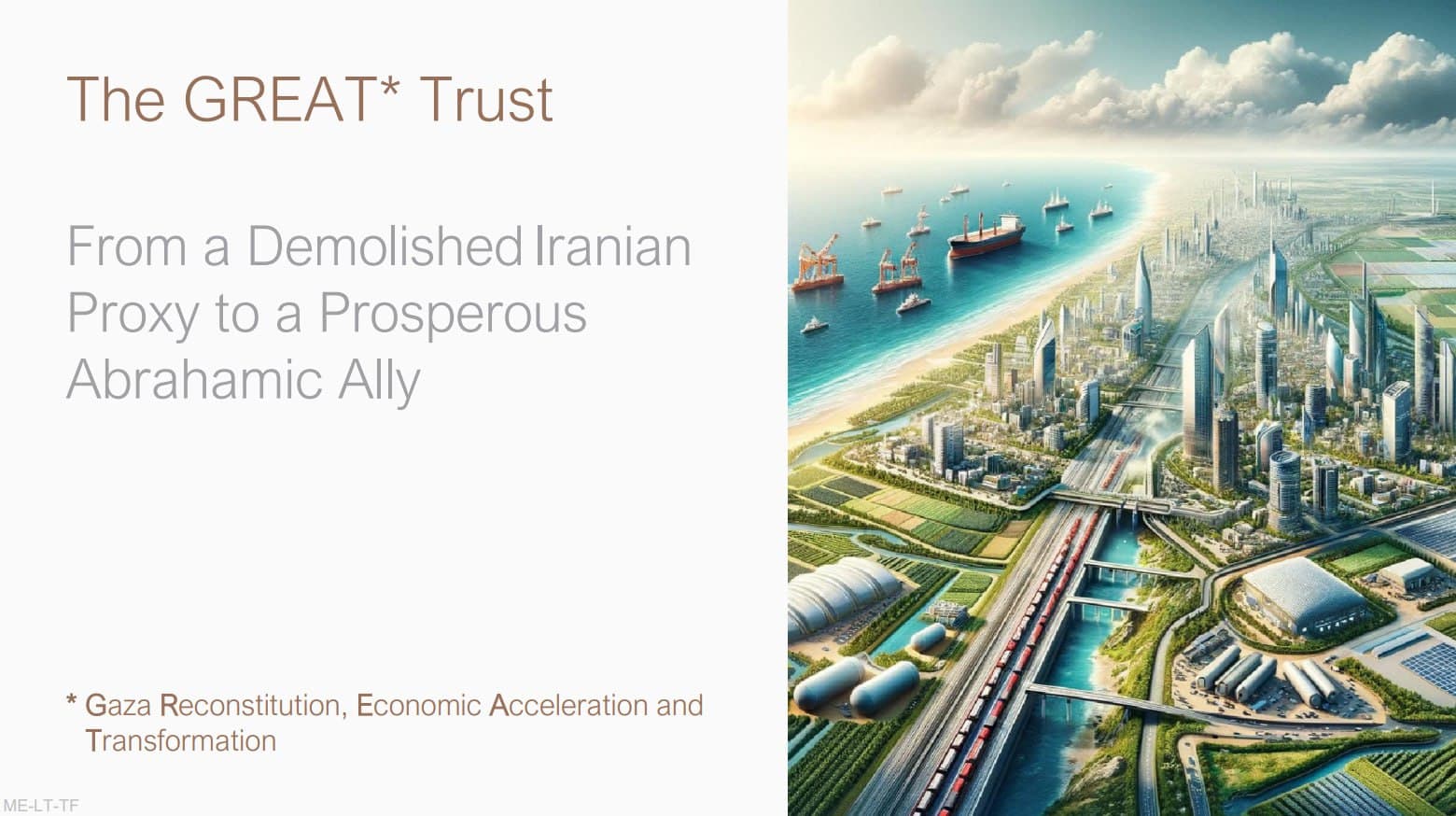The Trump administration has unveiled a controversial plan to temporarily relocate the 2 million residents of Gaza, offering each individual a one-time payment of $5,000 as part of the initiative. This proposal, reviewed by The Washington Post, aims to facilitate the reconstruction of Gaza following ongoing conflicts.
Under the plan, residents may voluntarily leave for another country or relocate within designated areas of the enclave. In addition to the cash incentive, the initiative includes rental subsidies for four years and food assistance for one year for those who choose to depart. Landowners will receive "digital tokens" in exchange for development rights, which can be used to finance their relocation or acquire housing in new "smart cities" planned for the region.
Developed by the architects of the Gaza Humanitarian Fund, the proposal envisions transforming Gaza into the "Riviera of the Middle East," featuring resorts and high-tech enterprises. The project aims to attract private investment rather than relying on U.S. federal funds for financing.
As this plan unfolds, it raises significant questions about the future of Gaza"s residents and the geopolitical implications of such a mass relocation. The response to this initiative will likely shape the region"s stability in the years to come, amid ongoing discussions about international relations and humanitarian efforts. For more on related coverage, see our article on protests in Bahrain regarding diplomatic tensions.


![[Video] Heavy clashes and gunfire reported in Baghdad, Iraq](/_next/image?url=%2Fapi%2Fimage%2Fthumbnails%2Fthumbnail-1768342239932-848qsh-thumbnail.jpg&w=3840&q=75)




![[Video] Gunfire between Iraqi security forces and Sadr militias in Baghdad](/_next/image?url=%2Fapi%2Fimage%2Fthumbnails%2Fthumbnail-1768343508874-4redb-thumbnail.jpg&w=3840&q=75)
